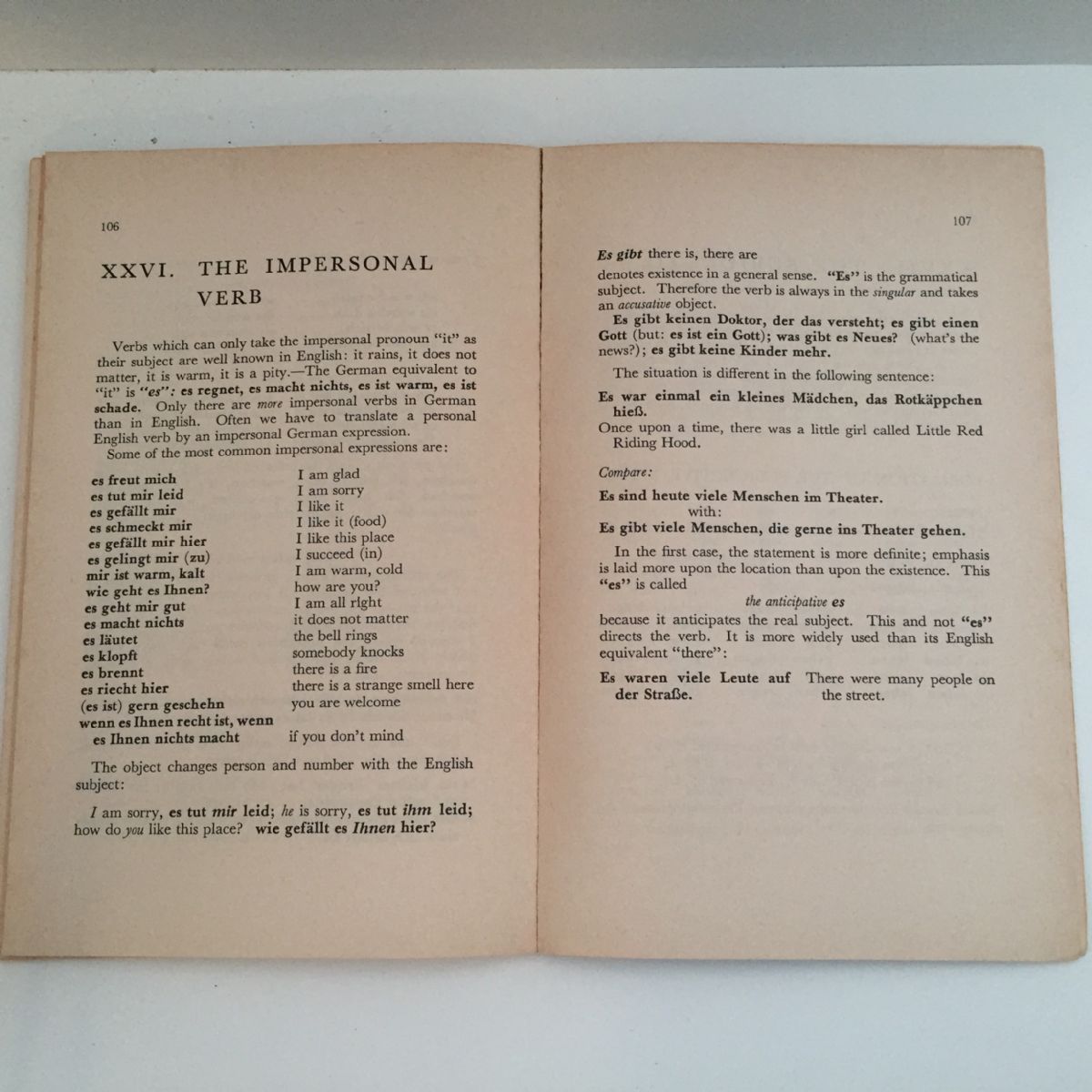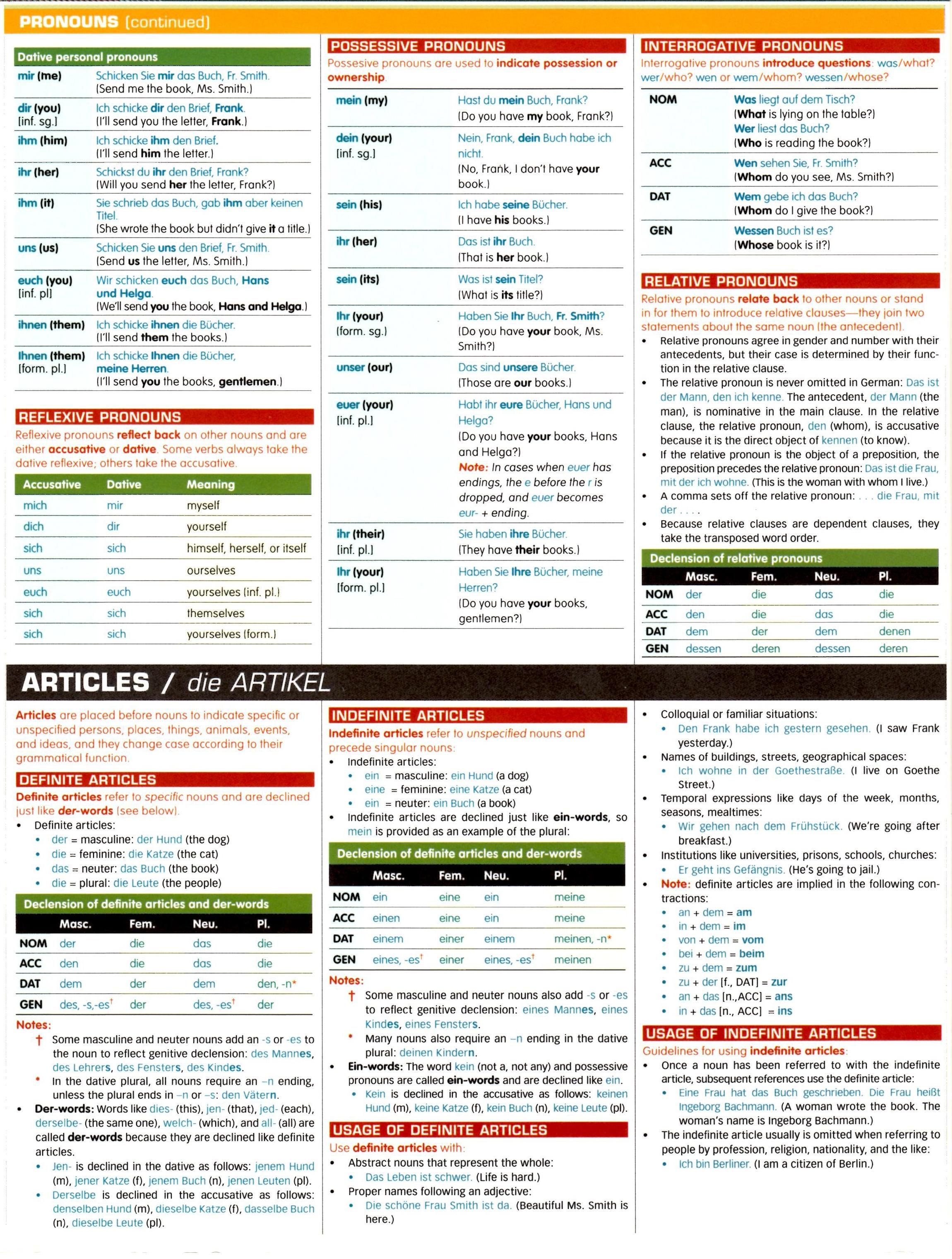
Sie haben auch schon einen Namen, aber der werde nicht verraten. Gefragt, was es denn werde, antwortete Frau Reiche, dass es ein Mädchen werde. Die Nottasche fürs Krankenhaus stehe bereit. Katherina Reiche antwortete, nein, sie habe eine robuste Konstitution, stehe unter ständiger ärztlicher Betreuung. We already have a name, but it won't be revealed."Ī report of this interview might read: Die Bildzeitung fragte, ob sie keine Angst habe, dass der Wahlkampfstress ihr oder ihrem ungeborenen Kind schade. Wir haben auch schon einen Namen, aber der wird nicht verraten. The emergency bag for the hospital is already packed.


Katherina Reiche: No! I have a robust constitution, am constantly under a doctor's care. Die Nottasche fürs Krankenhaus steht bereit. Katherina Reiche: Nein! Ich habe eine robuste Konstitution, stehe unter ständiger ärztlicher Betreuung. Here is part of an interview that the Bildzeitung conducted with Katherina Reiche, a politician who was expecting a baby:īILD: Haben Sie keine Angst, dass der Wahlkampfstress Ihnen oder Ihrem ungeborenen Kind schadet?īILD: Aren't you afraid that the stress of a campaign will hurt you or your unborn child? Instead, English must rely on words like "allegedly" and frequent repetitions of "he said." Is a kind of modified subjunctive that provides some distance,īut it cannot be sustained over longer passages as easily as German's special subjunctive. "He said that he was an honest person" - as opposed to "He said that he is an honest person". He hadn't stolen any money.īy using the special subjunctive, the newspaper is asserting its own neutrality concerning the claim's veracity.Įnglish does not provide so elegant a means. I haven't stolen any money.Ī newspaper would report this statement as follows: Er sagte, er sei ein ehrlicher Mensch. Let us assume, for example, that a politician asserts: "Ich bin ein ehrlicher Mensch. The special subjunctive appears most frequently in restatements of what someone else has claimed. Ich mache, wir haben, Sie fahren, sie sehen. With the exception of "sein," many special subjunctive forms are indistinguishable from the ordinary present tense: e.g. Note that all of these forms are completely regular, regardless of whether or not the verb is strong. It then adds the same endings as does the general subjunctive (Konjunktiv II): ich mach e/ hab e/ fahr e/ seh e Just like English, German bases the special subjunctive on the stem of the present tense forms.

The Special Subjunctive Mood in German (Konjunktiv I):


 0 kommentar(er)
0 kommentar(er)
